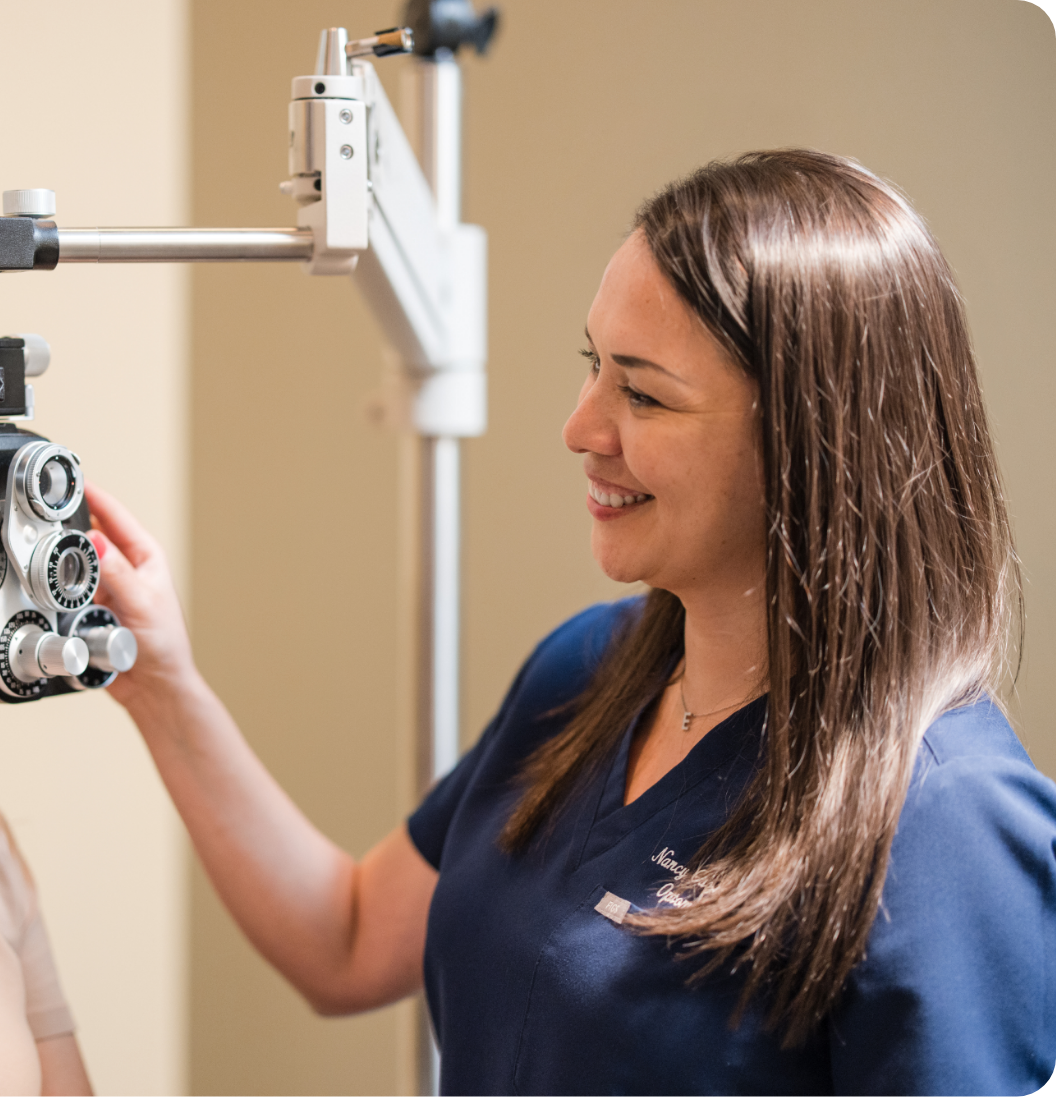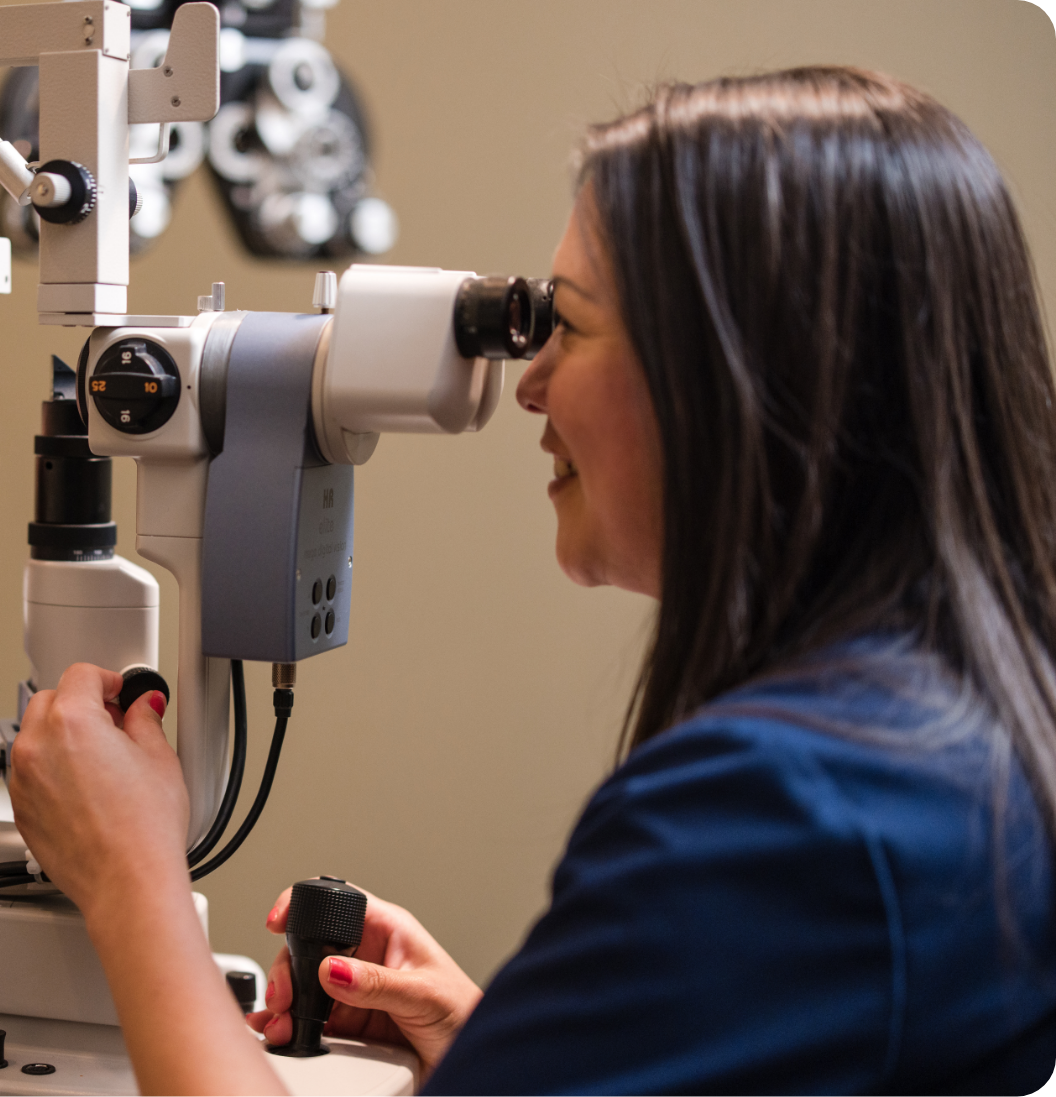A healthy eye has a nice, spherical shape to it. For those who have astigmatism, however, the eye is shaped more like a football. This skewed shape means that when light rays enter the eye, they are scattered, failing to provide a crisp, clear image. As such, astigmatism can significantly compromise vision, and it is one of the most common causes of vision impairment.
If you have been diagnosed with astigmatism, you already know about some of the corrective options available, including glasses and specially shaped contact lenses. What you may not know is that LASIK, too, can help address the effects of astigmatism.
How LASIK Affects Astigmatism
LASIK surgery is performed with ultra-precise laser technology. These lasers can be specially programmed to reshape the cornea, making the front end of it more symmetrical. For many patients, this eliminates the vision problems that astigmatism causes.
For many patients, a single LASIK session is all it takes to address issues related to astigmatism. In some cases, especially those involving higher degrees of astigmatism, one or more follow-up procedures may be needed to fine-tune the results.
The Benefits of LASIK for Treating Astigmatism
While LASIK is not the only way to address the effects of astigmatism, it does offer several crucial benefits. The most obvious is that it provides a permanent solution, as the changes to the shape of your cornea will last a lifetime. Glasses and contact lenses only provide temporary relief from the effects of astigmatism.
Additionally, LASIK does not come with any of the disorienting effects that corrective lenses can produce. Keep in mind that, to correct the effects of astigmatism, contact lenses must be non-uniform in shape. This means that if they rotate out of alignment, they can make your vision even blurrier. LASIK allows you to avoid these bouts of fuzzy eyesight.
Are You a Good Candidate for LASIK?
One of the first steps toward permanent astigmatism correction is an initial consultation. During your consultation, a skilled surgeon will tell you more about whether you qualify for treatment via LASIK.
Generally speaking, the best candidates for LASIK:
- Have eyes that are fully matured (this usually means being 21 or older).
- Have a stable prescription (no change over the past year or two).
- Have a prescription that falls within the LASIK treatment range.
- Are in good health overall, with no underlying conditions that could cause surgical risk.
Get Lasting Relief from Astigmatism
You may be curious about how LASIK can effectively address the effects of astigmatism and are looking for more information on the procedure. If so, we encourage you to explore the process, benefits, and what to expect during your LASIK journey.











